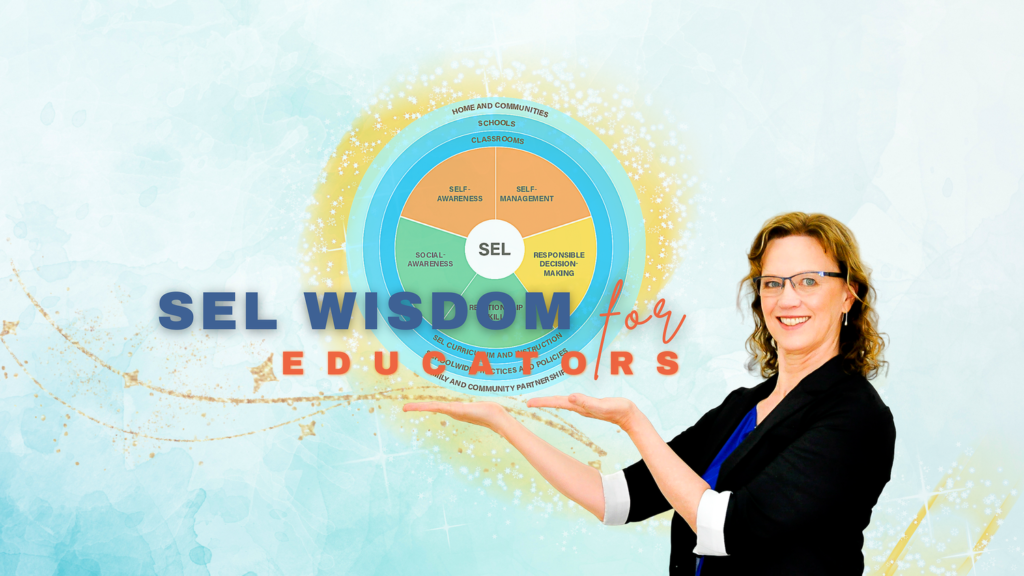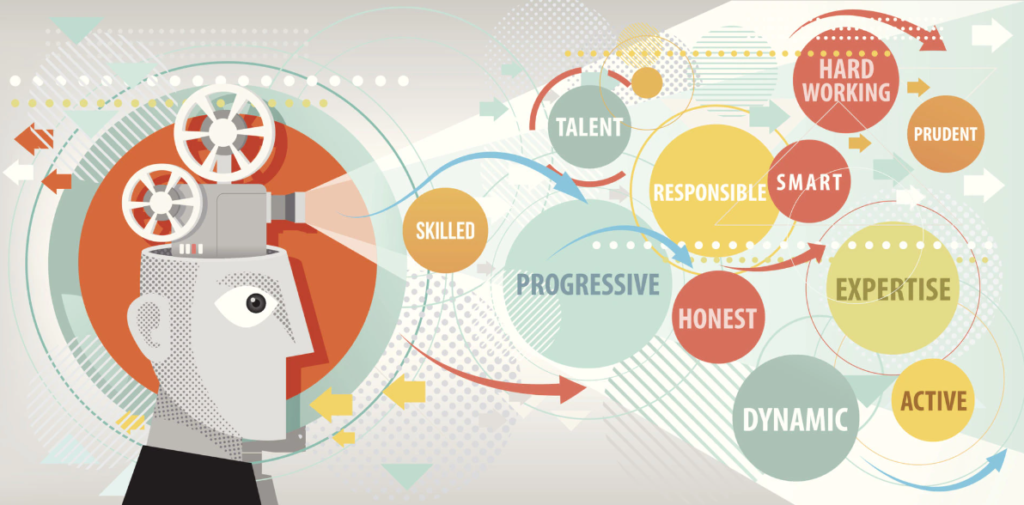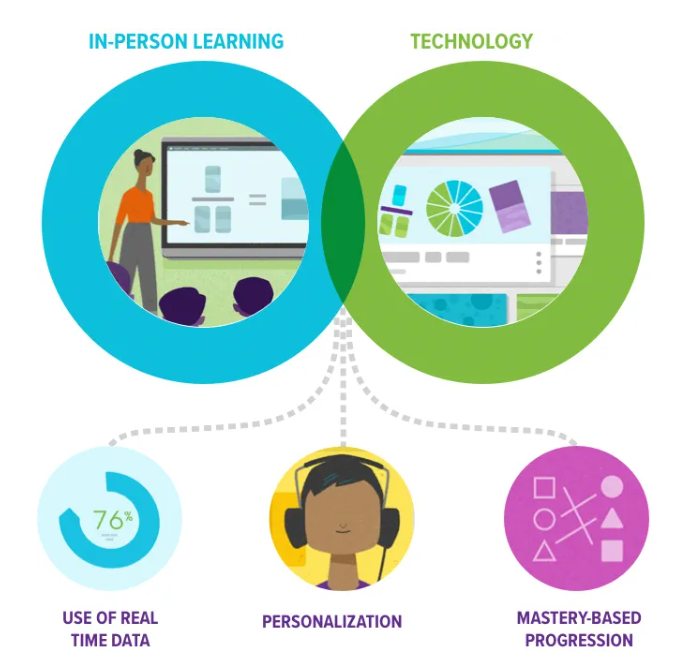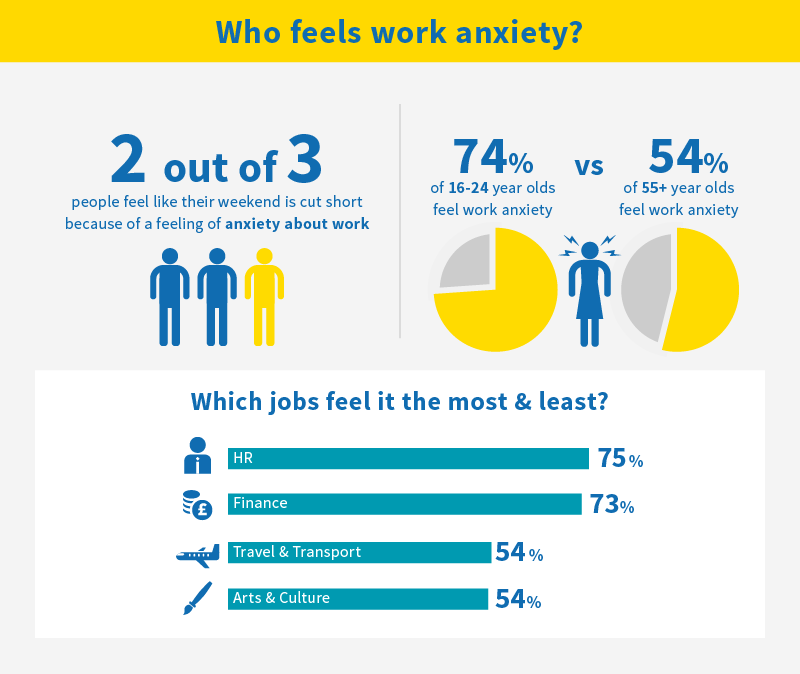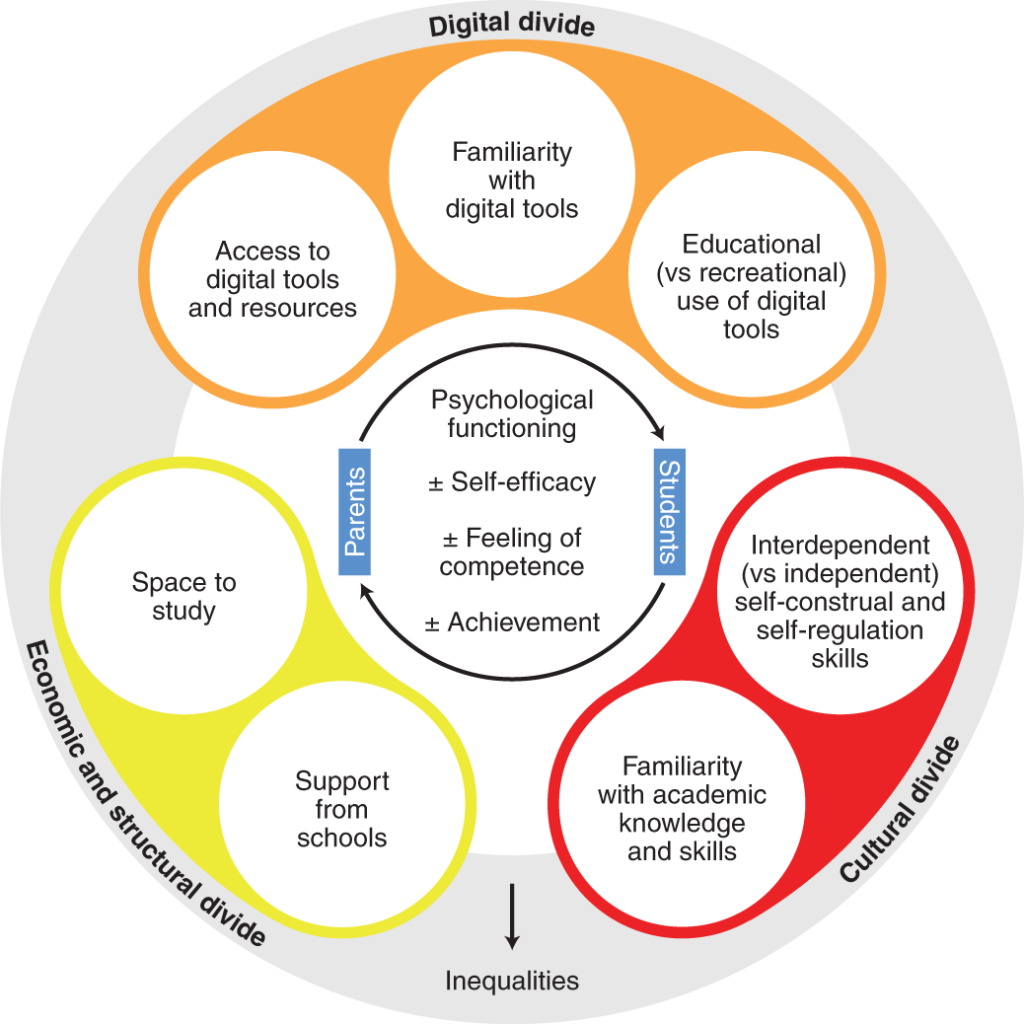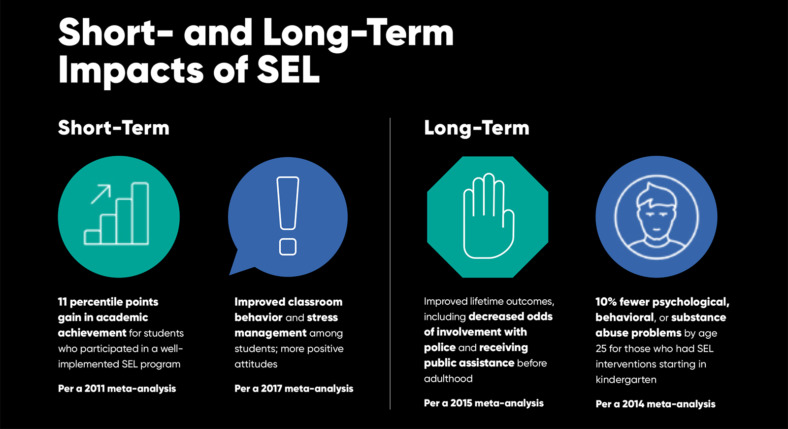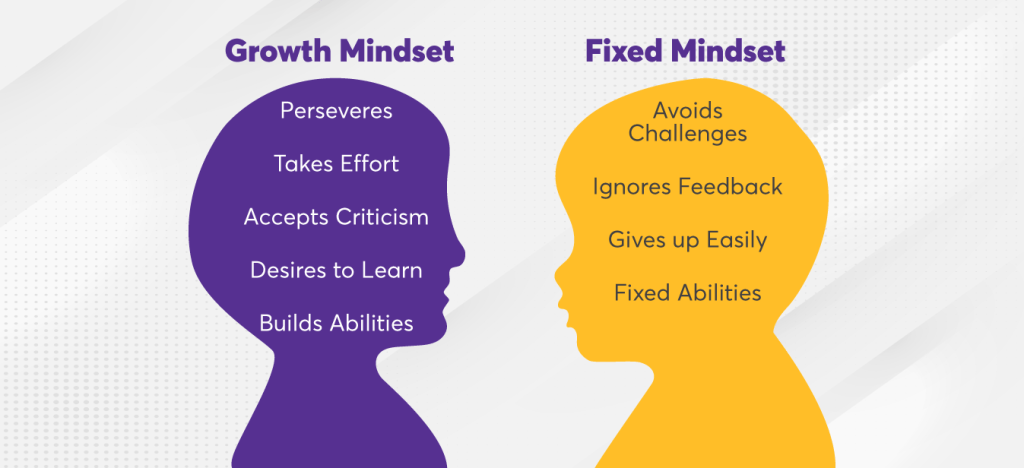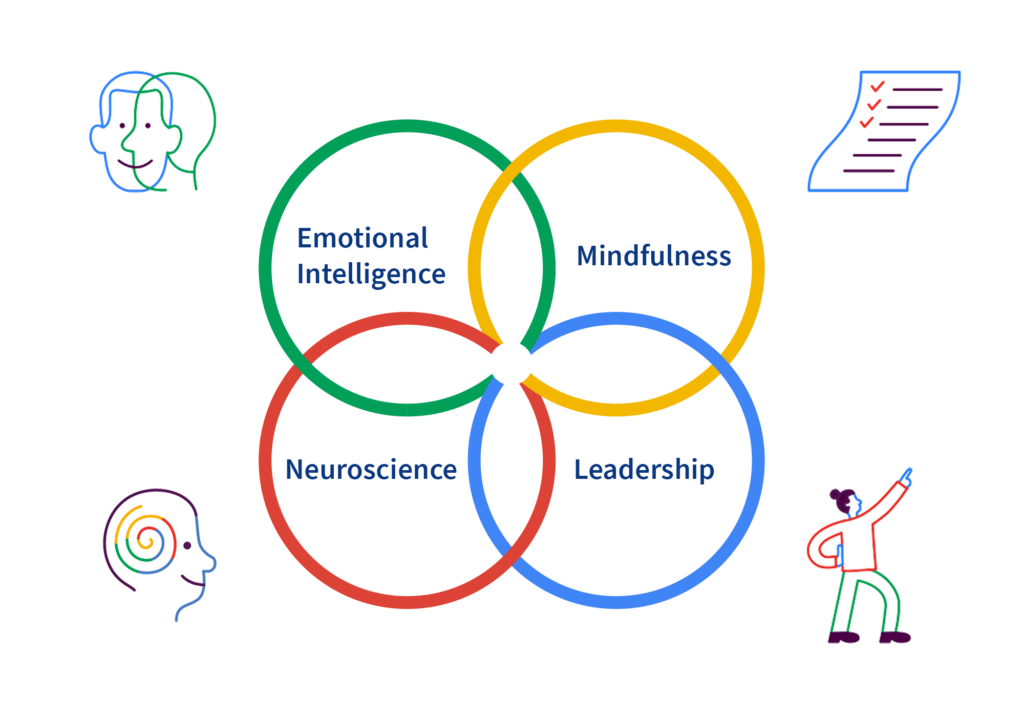This post could discuss the importance of emotional intelligence in leadership and provide strategies for business leaders to develop their emotional intelligence skills.
Emotional intelligence (EQ) is a vital component of effective leadership in the business world. Emotionally intelligent leaders are better able to understand and respond to the emotions of their employees, which leads to more productive and positive interactions. This can be especially important in high-pressure or high-stress work environments.
Leaders with high emotional intelligence tend to be more effective communicators and can inspire and motivate their employees to reach their goals. They are able to understand the emotions of their team members, and create a positive work environment that fosters engagement, creativity and productivity. Emotionally intelligent leaders also tend to be more effective at managing conflict and resolving issues within their teams.
Emotionally intelligent leaders are also more likely to form positive and productive relationships with their employees. They are able to empathize and connect with others, which leads to greater collaboration and teamwork. This leads to a more engaged and motivated workforce, which in turn has a direct impact on the overall performance of the organization.
Emotionally intelligent leaders also have a better ability to adapt to change and handle stress. They are able to regulate their own emotions and have a positive outlook, which helps them to navigate the complex and dynamic nature of the modern business world.
Emotional intelligence is not a fixed trait and can be developed over time. Business leaders can develop their emotional intelligence by being self-aware, practicing mindfulness, seeking feedback, and learning from their experiences. Emotional intelligence is also a great tool for leaders to connect with their employees, build trust, and create a culture of open communication and collaboration.
Overall, emotional intelligence plays a crucial role in leadership, by improving communication, conflict resolution, team-work, adaptability, and job satisfaction. Organizations with a culture that values and develops emotional intelligence in its leaders tend to have more engaged, productive and satisfied workforce.
Emotional intelligence (EQ) is the ability to recognize, understand and manage one’s own emotions, as well as the emotions of others. It is an important trait for leaders to possess as it allows them to effectively communicate, make decisions, and form positive relationships with their colleagues and employees. In the business world, emotional intelligence can be the difference between a successful leader and a mediocre one.
Leadership is the process of guiding and directing a group of people towards a common goal. Effective leaders possess a variety of skills, including emotional intelligence. EI allows leaders to create a positive work environment, where employees feel valued and motivated to perform at their best. This, in turn, leads to increased productivity and job satisfaction, which can ultimately improve the bottom line of the business.
Emotional intelligence has several key components that are important for leaders to understand and develop. These include self-awareness, self-regulation, motivation, empathy, and social skills.
Self-awareness is the ability to recognize one’s own emotions and understand how they impact behavior. This allows leaders to be aware of their own biases, strengths and weaknesses, and to make decisions with a clear understanding of their own emotions.
Self-regulation is the ability to manage one’s own emotions, thoughts, and actions. It allows leaders to avoid impulsive actions, control their emotions, and respond to difficult situations in a calm and composed manner.
Motivation is the drive to achieve a goal. Leaders with high EI are able to inspire and motivate their employees to work towards a common goal. They understand how to tap into their employees’ needs and desires, and use that knowledge to create a sense of purpose and belonging within the team.
Empathy is the ability to understand and share the feelings of others. Leaders with high EI are able to understand the perspectives of their employees and customers, which allows them to create a positive work environment and build strong relationships.
Social skills are the ability to interact and communicate effectively with others. Leaders with high EI are able to build strong relationships, mediate conflicts, and create a sense of community within the workplace.
In the current business landscape, remote work and virtual teams have become the norm. Remote learning & development is an important aspect of managing employees and teams remotely. These remote teams usually face challenges like isolation, lack of communication, and lack of collaboration. An important aspect of leading remote teams is to keep employees engaged, motivated, and connected.
Leaders with high emotional intelligence are able to create an environment of trust and support, which helps to mitigate the negative effects of remote work. They understand the importance of clear and consistent communication, setting realistic goals, and providing opportunities for personal and professional development.
In conclusion, emotional intelligence is a vital trait for leaders in the business world. It allows leaders to create a positive work environment, improve employee productivity and job satisfaction, and ultimately improve the bottom line of the business. With the increasing number of remote teams, emotional intelligence also plays a crucial role in leading and managing remote teams effectively. It is important for leaders to understand and develop their emotional intelligence skills in order to be successful in today’s business landscape.
